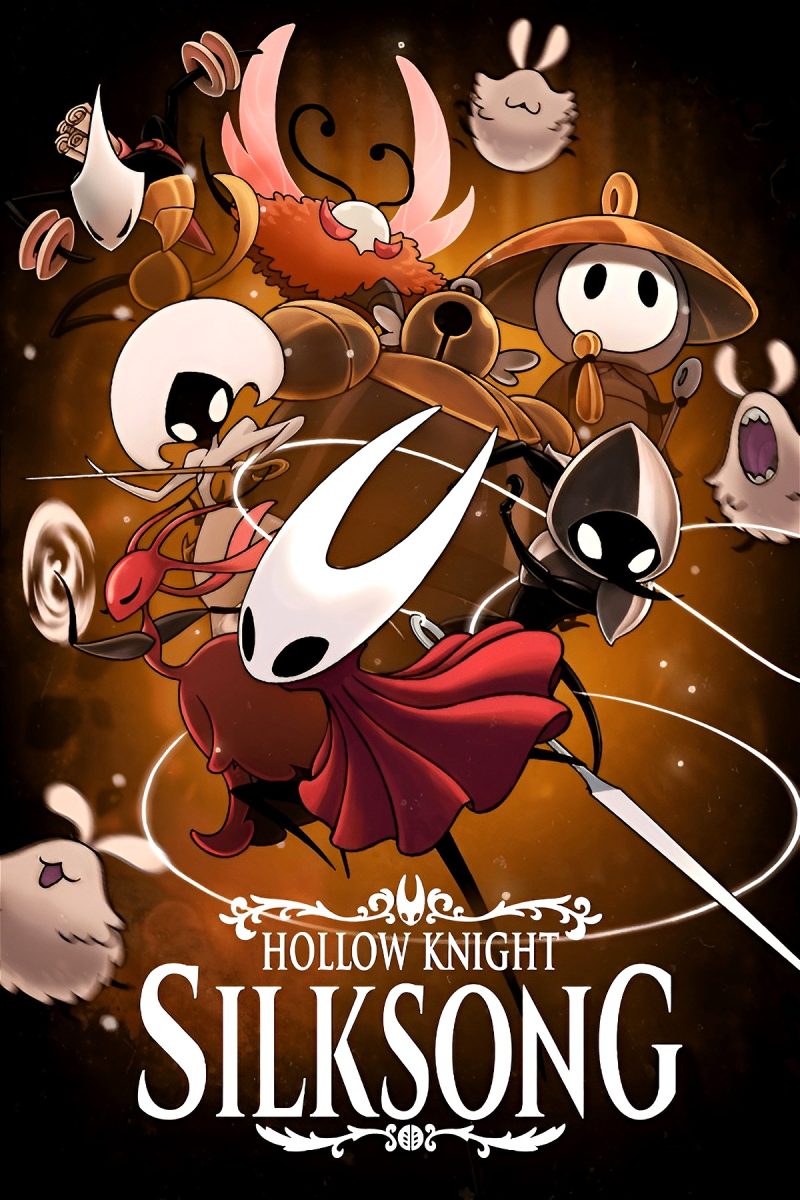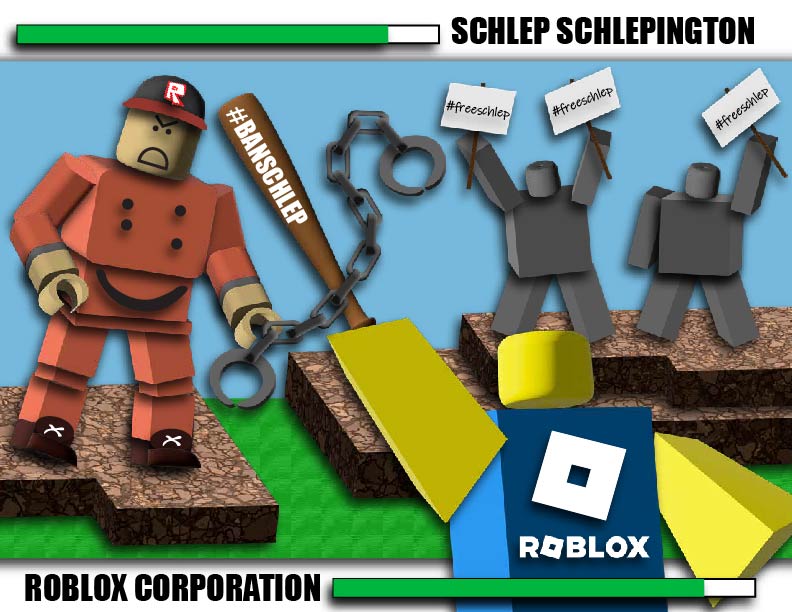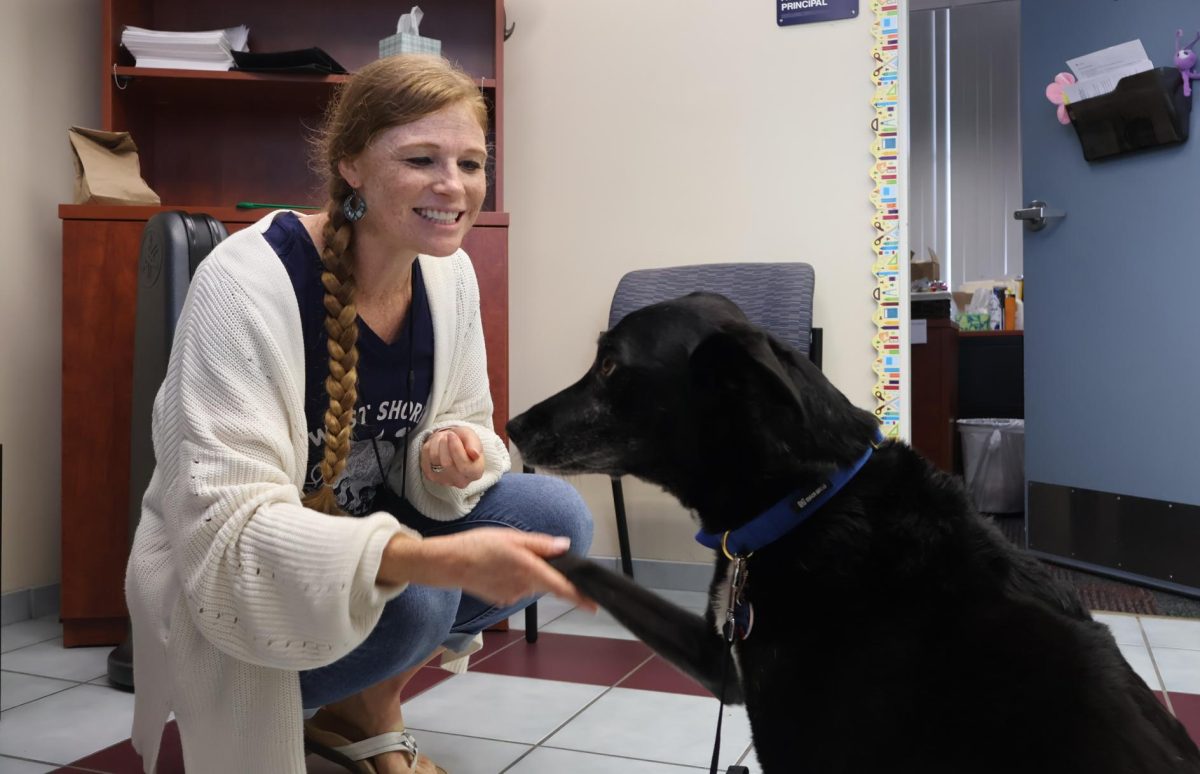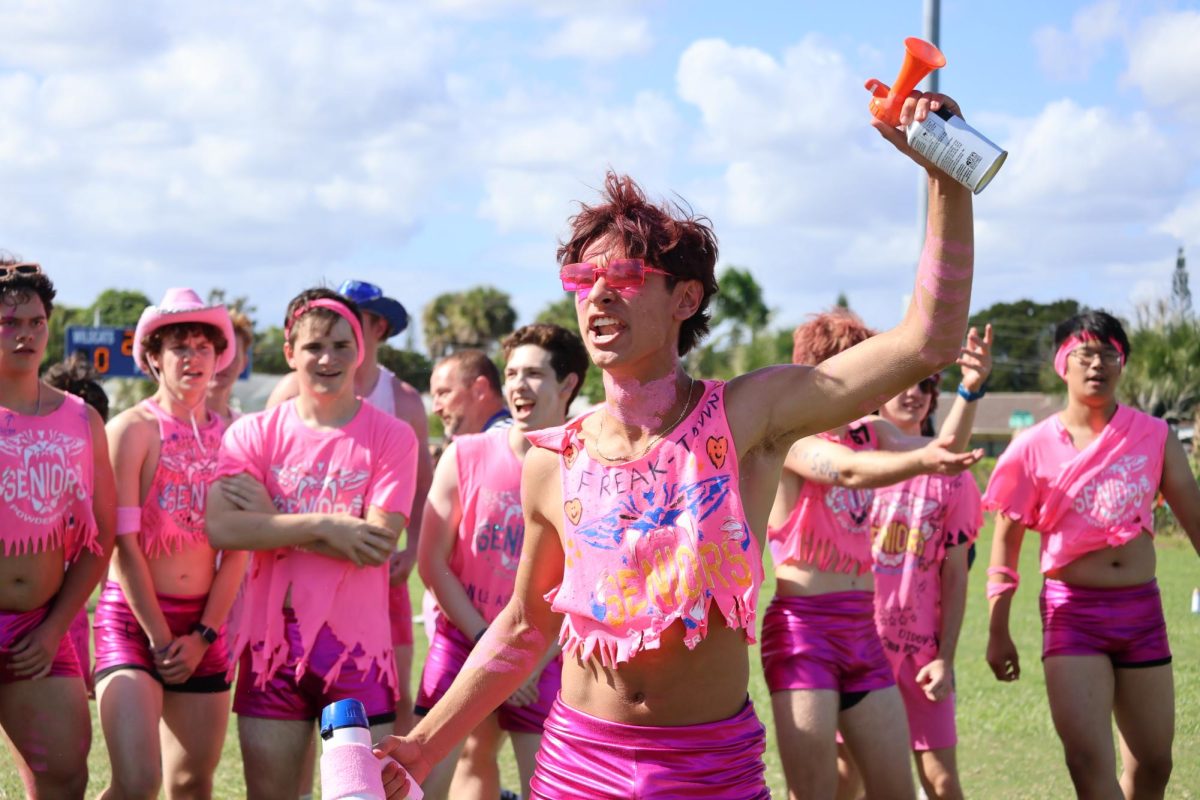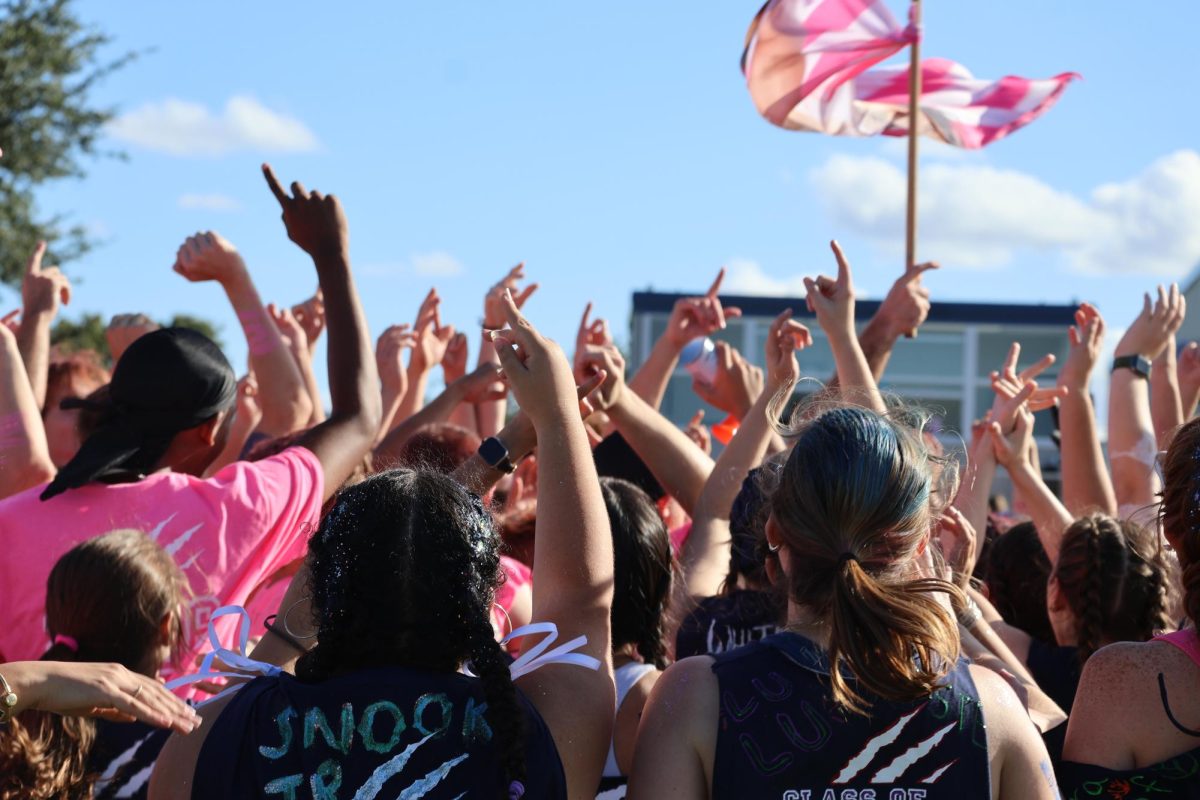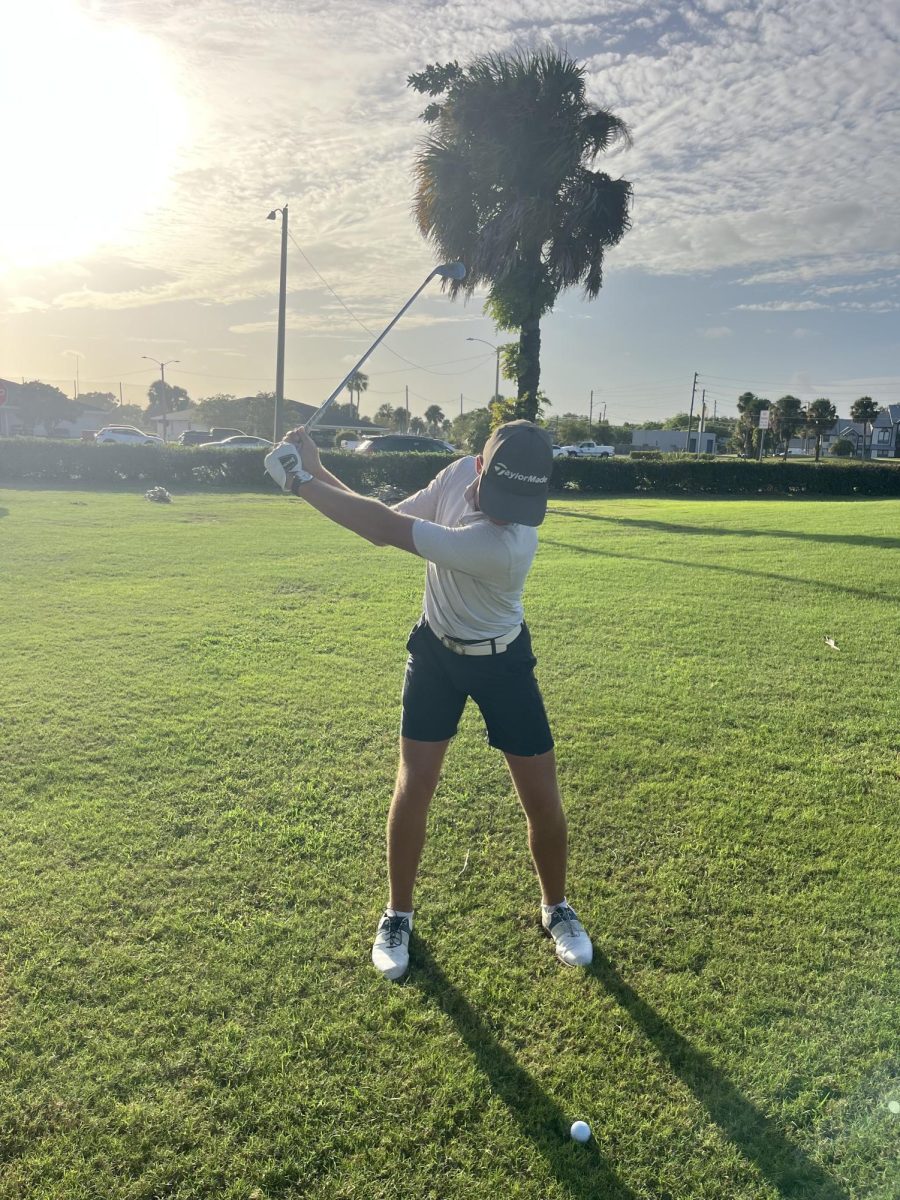Every Wednesday, students in the Future Problem Solvers (FPS) club gather in the media center after school to prepare for their district competitions on Jan. 31 and Feb. 3. While there, FPS sponsor Chloe Radd observes as students learn problem-solving skills and how to think outside the box with their peers.
Junior Robert Santiago said that he enjoys participating in FPS’s weekly meetings, having grown up with FPS throughout his life.
“I’ve been doing FPS since I was in fourth grade,” Santiago said. “I’m one of the student leaders, so it means a lot to me. It’s a big part of my life. It’s really important to me that I spread that love and passion for FPS to other people.”
FPS’s main objective is to teach students critical thinking skills through the six-step problem-solving model: identifying problems, selecting the underlying problem, developing solutions, creating criteria, selecting the best solution and creating an action plan.
“[The students] went through and were taught the steps, so now they’re putting it into practice,” Radd said. “We send off [their] practice booklets to the people that run Florida FPS, and then they score them. So [students] get back their real score like, ‘This is what you need to work on before you go to the competition.’”
Students participate in tournaments to display their problem solving. Eighth grader May Yu, a member of FPS, has had several accomplishments while partaking in said competitions, and said her most significant achievement was making it to the international competition in fifth grade.
“On regionals, we got seventh place, so that allowed us to go to state, and we got second place at state,” Yu said. “That got us to go to international, and that was my first time ever. I’m really proud of myself, but unfortunately, it was a bit hard, struggling to keep up with international, because we were supposed to go to the location in Massachusetts. Unfortunately, our FPS teacher says she couldn’t go. Therefore, she didn’t want us to go. We did it virtually, which made it so easy to be distracted.”
In addition to learning how to think outside the box, FPS participants build relationships as they work together to develop creative solutions.
“I figure socializing needs to be part of it, because it is a club, and I want people to be excited to come here,” Radd said. “I want them to be excited to work with their friends, so I definitely allow the socializing. What I’ve seen is that the club maintains attendance and when they get to state, they perform very high.”
A branch of FPS is Community Problem Solving (CMPS), in which students use their problem solving skills to improve their community. In 2023, freshmen Alex Beavers, Tiffany Duong, Aneeqa Elangovan, Janani Sivakumar, Sophia Kero, Talia Woods and Nikita Sinha created a community project that ranked second place at the international competition.
“We went to local places and read books to kids, ” Woods said. “It was a very fun experience to get to work with others to make our area better. I believe it had a positive impact [on children’s reading comprehension skills]. I heard that the children were all excited to read by the end of it.”
Another CMPS group has formed this year. The members are sophomores Eshan Vipuil, Kirin Reiter, Sid Patsamatla, Brian Duong, Shriya Varada, Raaha Sellamuthu and Joseph Konathapally.
“Those guys are looking at the data of lonely senior citizens,” Radd said. “[The students] haven’t been able to get a lot back from the privately-owned senior homes, so right now, they’re going to be reaching out to our actual community center because Melbourne and Palm Bay both have senior citizen activity areas. They want to learn new things together, from what I understand, them and the senior citizens, and see if loneliness is a problem or not.”
Radd said that FPS positively impacts its members, providing critical thinking skills that can be used in future careers.
“From what I’ve heard from people who have done it as a kid and grew up, a lot of them find it easier to write papers in college, and a lot of them became lawyers and scientists,” Radd said. “They use that out-of-the-box thinking they did with their friends, and they use it for work.”
By Lily Vu

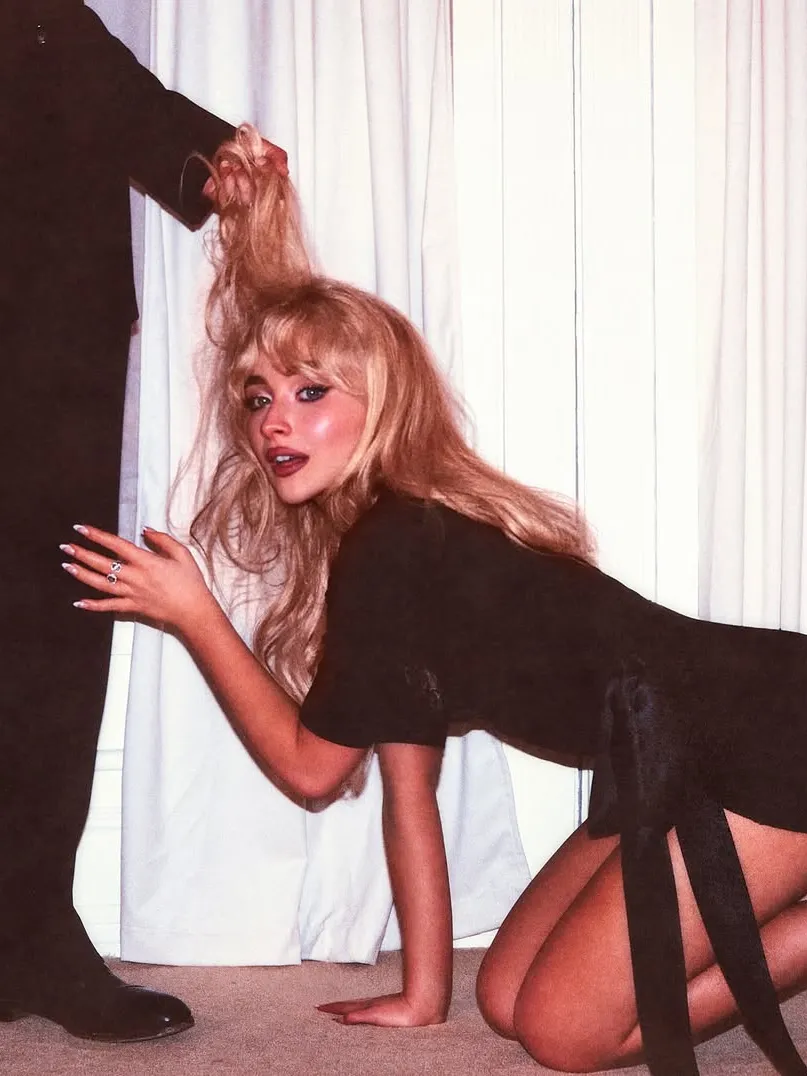

![Sophomore Isabelle Gaudry walks through the metal detector, monitored by School Resource Officer Valerie Butler, on Aug. 13. “I think [the students have] been adjusting really well," Butler said. "We've had no issues, no snafus. Everything's been running smoothly, and we've been getting kids to class on time.”](https://westshoreroar.com/wp-content/uploads/2025/08/IMG_9979-1200x800.jpg)













